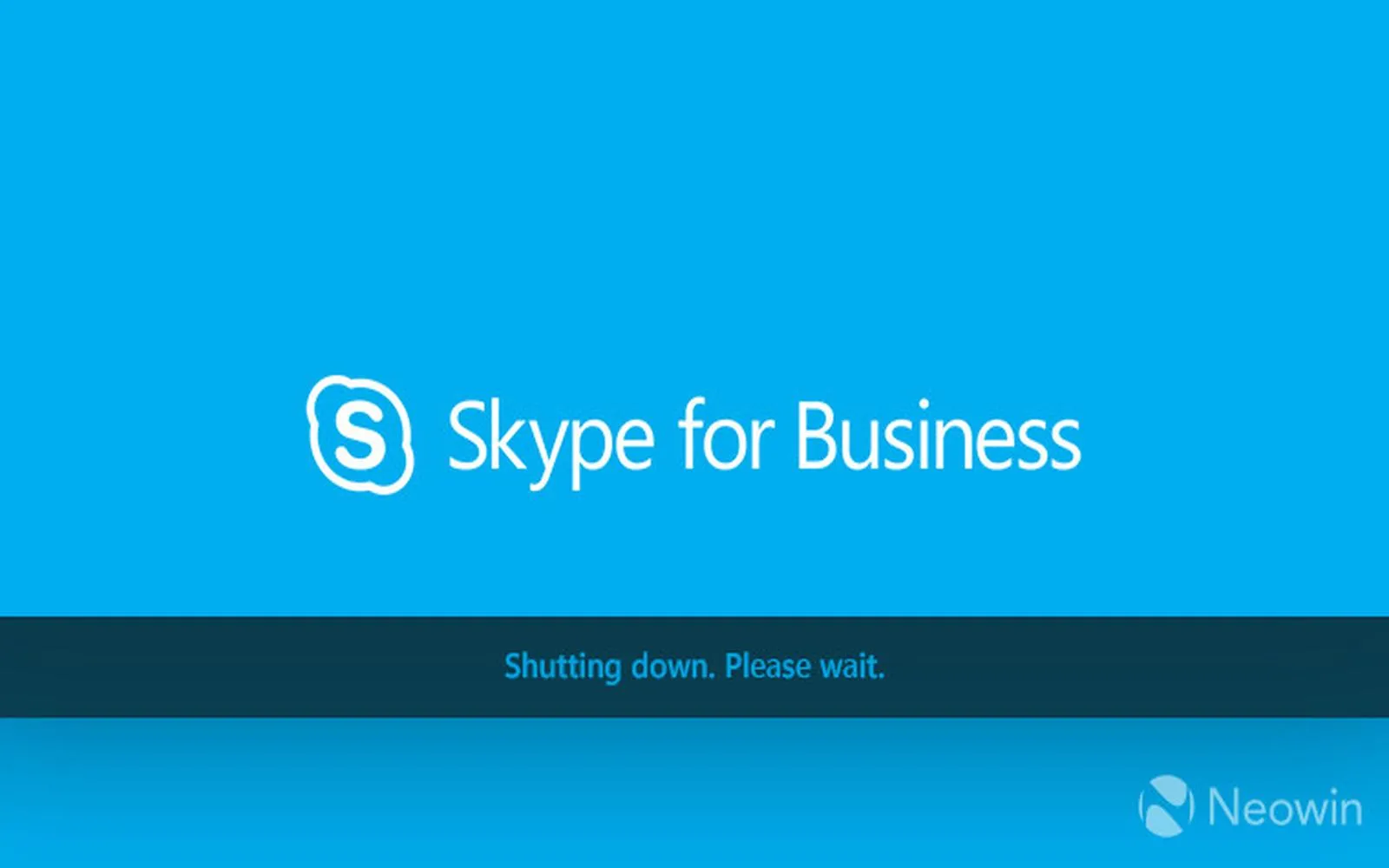As users of Skype and similar communication platforms have grown increasingly concerned about the future of their favorite services, the question on many minds is, "Wait, is Skype shutting down?" Although rumors and speculation often circulate in the tech community, it is crucial to differentiate between fact and fiction. In this article, we will delve into the current status of Skype, its features, and the broader implications for users.
Understanding Skype’s Position in the Market
Skype, once a pioneer in the VoIP space, has seen its user base shift as new competitors emerge. With platforms like Zoom, Microsoft Teams, and Google Meet gaining popularity, many wonder if Skype can remain relevant. However, Skype continues to be a reliable option for personal and business communications.
Current Status of Skype
As of now, there are no official announcements regarding the shutdown of Skype. Microsoft, which acquired Skype in 2011, has integrated it into its broader ecosystem, ensuring that Skype remains an essential tool for communication. The platform has seen updates and improvements, focusing on usability and compatibility with other Microsoft products.
Key Features of Skype
Skype is not just a messaging app; it offers a variety of features that cater to different user needs. Here are some of the key features that help Skype remain competitive:
| Feature | Description |
|---|---|
| Video Calls | High-quality video calling for one-on-one or group conversations. |
| Instant Messaging | Text chat that supports multimedia sharing and emojis. |
| Screen Sharing | Allows users to share their screens during calls for better collaboration. |
| Call Recording | Users can record their calls for future reference. |
| Integration with Microsoft Office | Seamless integration with Office applications for enhanced productivity. |
Why the Confusion About Skype Shutting Down?
The confusion surrounding the potential shutdown of Skype may stem from the rapid evolution of technology and communication platforms. As new applications gain traction, older ones can seem outdated. Additionally, various news articles and social media posts can sometimes misinterpret announcements or updates, leading to misunderstandings among users.
Impact on Users
If Skype were to shut down, the impact on users could be significant. Many rely on Skype for personal and professional communication. Here are some implications:
- Loss of a Familiar Interface: Long-time users may struggle to adapt to new platforms.
- Data Migration: Moving contacts and chat histories to a new platform can be cumbersome.
- Business Disruption: Companies that have integrated Skype into their workflows may face challenges transitioning to alternative solutions.
Alternatives to Skype
In the event that Skype does shut down, it’s essential to consider alternative platforms. Here’s a comparison of some popular substitutes:
| Platform | Key Features | Best For |
|---|---|---|
| Zoom | Webinars, breakout rooms, and high participant limits | Meetings and webinars |
| Microsoft Teams | Integration with Microsoft 365, team collaboration tools | Business environments |
| Google Meet | Integrated with Google Workspace, simple to use | Google users |
| Discord | Community building, voice channels, and gaming-focused | Gamers and communities |
Conclusion: The Future of Skype
While rumors about Skype shutting down continue to circulate, it is essential to keep informed through official channels. Skype remains a valuable tool for many, and Microsoft continues to support and develop the platform. Users should stay updated on any changes and consider exploring alternative options to ensure they are prepared for the future. Regular updates and improvements ensure that Skype remains relevant in an ever-evolving digital communication landscape.
In summary, as of now, there are no indications that Skype is shutting down. Its extensive features and integration within the Microsoft ecosystem keep it competitive. For those concerned about the platform's longevity, exploring alternatives and staying informed will help ease any potential transitions.





